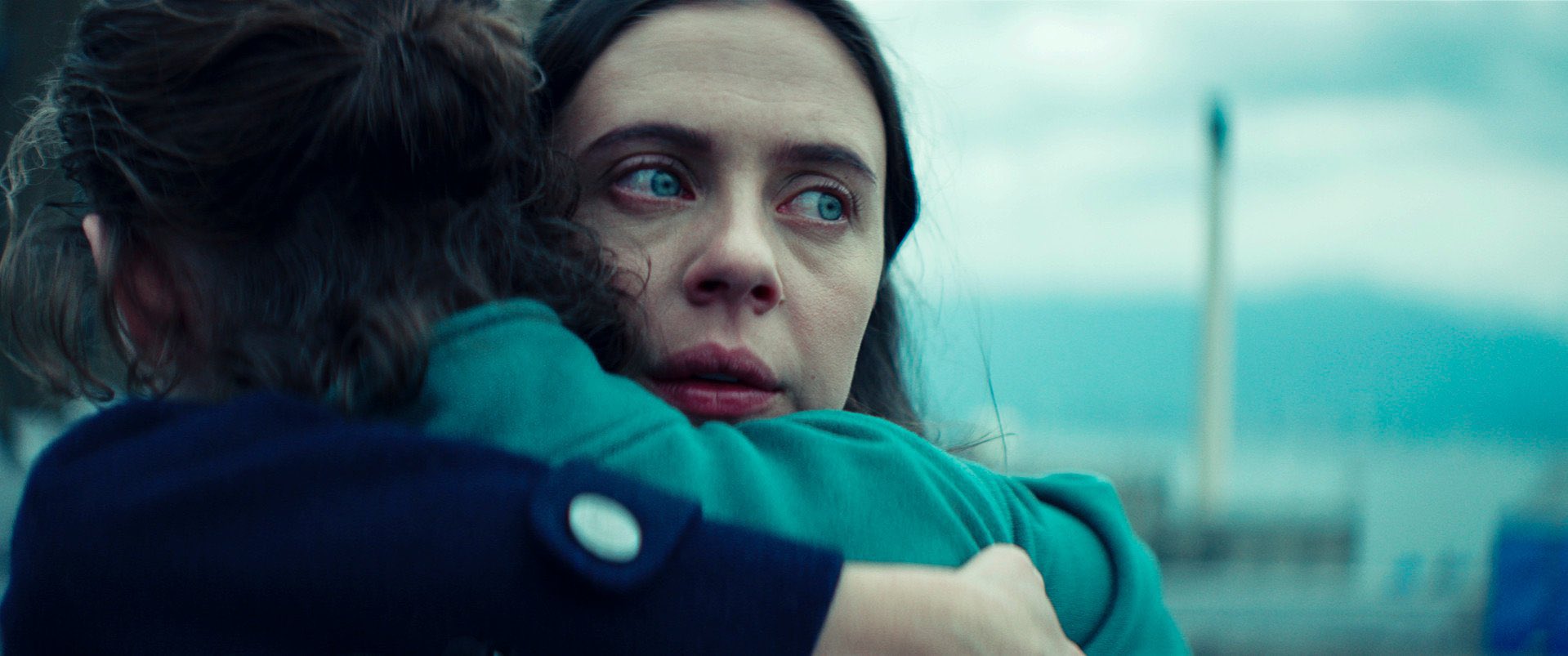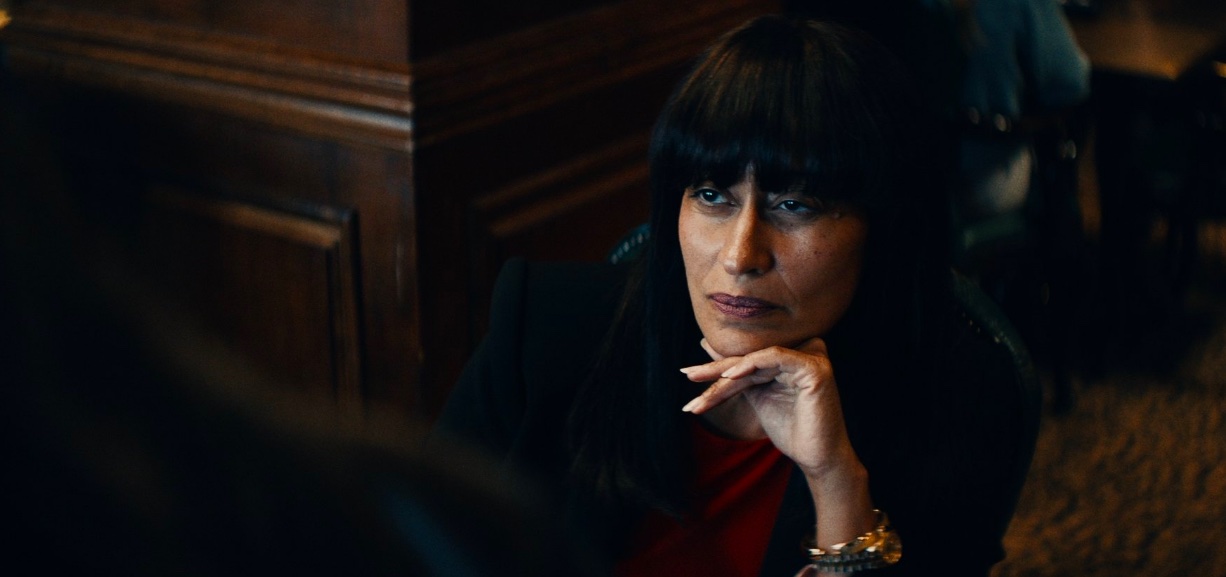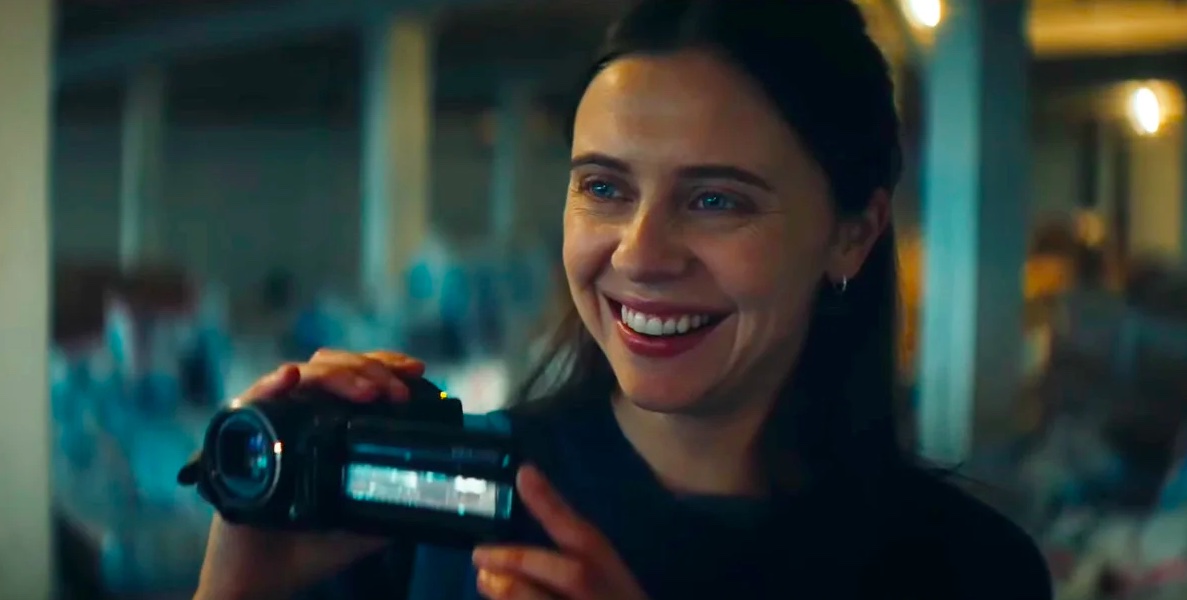Starring Bel Powley and Tracee Ellis Ross in the lead roles, ‘Cold Copy’ follows the story of a young journalist who is trying to make it big in the news industry, but before she can do that, she has to learn some cold hard truths about how it all really works. Powley plays the role of Mia Scott, who joins the class of Ross’s Diane Heger, a renowned newscaster known for her ruthless interviews that often end with the interviewee saying something they shouldn’t have.
As Diane teaches Mia the ropes of the business, the latter discovers that the woman she idolizes is much more complex than what appears in the beginning. The title of the film emphasizes the nature of their work and relationship while also underlining the themes of the film. SPOILERS AHEAD
Cold Copy Refers to Mia’s Eye-Opening Experience in the News Media

In technical terms, “cold copy” refers to a “news script not previously read by the reporter until the camera is rolling.” Looking at it in terms of what happens in the film, we are taken to the scene where Mia thinks her life is about to be changed but then discovers a startling truth. Since the beginning of the film, we see Mia singularly focused on delivering the best project in her class, which Diane promised would find a spot on her news program. This is a huge deal for any up-and-coming journalist and could be Mia’s big break, which is why she decides to go all in for it.
Mia stumbles upon Igor and his fractured life since the death of his famous mother. Even though Diane thinks her project is pointless, Mia is convinced that there is a story there. The more she digs into Igor and his life, the more Diane pushes her to break her ethical and moral rules and put the story above all else. By the end, Mia presents a version of events that may not really be true. She believes that despite his mother’s death, Igor is handling things pretty well. But Diane convinces her to push Igor’s buttons, bring out his dark side, and turn the narrative completely opposite to what Mia wanted in the beginning.
In between this, Mia also takes some drastic steps, which include sabotaging the project of her best friend and roommate, Kim. It seems that she is falling deeper into a dark pit of obsession with winning and is ready to do whatever it takes to get to the top. This thought process is further enflamed by Diane, who validates everything Mia does and tells her this is exactly what successful people, especially in journalism, have to do to get to the top.

Eventually, when Mia’s project is selected to feature on the news channel, she is convinced that she has finally made it. But then, the whole script is narrated by Diane, and Mia’s story becomes Diane’s story. This infuriates Mia because even after working so hard and turning herself into a person she never thought she could be, the project that she did it all for isn’t even credited to her. This is where she truly understands all the things Diane had been telling her all this while. While she was encouraging Mia to poke Igor till he bleeds or patting her back for potentially ruining her best friend’s career, she had her eyes on Mia’s project all along. She kept the same ruthless approach she was teaching Mia all this while.
Had Diane not turned the tables on her, Mia would probably have continued to live with the feeling that whatever she did so far wasn’t wrong. She would have continued to walk the dark path laid out in front of her and would have thrown all of her morality into the bin, had the story blown up with her name on it, and given her all the validation she ever needed. But at a critical time, Diane’s actions lead her to step back and realize how Diane did the very thing that Mia was doing to others. This is an eye-opening moment for Mia, and it makes sense that filmmakers chose it as the title of the movie.


You must be logged in to post a comment.